This began as a hackathon entry but is evolving into something more mature. I have selected components for prototyping but will eventually need someone with hardware expertise to help with preparation for mass production. The MCU used has way too many features which makes its PCB too bulky for prime time even if it would keep the initial costs down.
I studied methods for non-invasive measurement of body metrics in great detail and have settled on a particular technique involving a simple sensor and some sophisticated, yet non-processor-intensive calculus (my specialty).
Now I'm hoping to elect you to help improve the device. Not only will you be able to build your own on any Arduino and $1 worth of parts, but you'll be able to download the newest code sketch to see if it calibrates itself successfully to your body.
One of the most difficult parts of this task so far has been developing algorithms which
- Calibrate themselves to their wearers' baselines,
- Accurately detect changes in stress level and monitor those for out-of-bounds changes in a variety of environments, and
- Effectively squelch false positives so the device isn't going off all the time unnecessarily.
Future needs will include:
- Play testers!
- Data logging and processing techniques, including Internet data compilation and visualization of results for each user and for the connected service as a whole
- Custom electrode design for comfort, compactness, and accuracy
- Sensor improvement by EE experts (which I am not)
- Medical experts who keep up with the journals to provide latest breakthrough information so we can factor it into our product
The current iteration uses finger scanning but the end goal is a product you stick to your abdomen or side. I realize this means collecting more data and reconfiguring our software for each possible electrode / skin area combination. This will lead me to developing a 'standard' placement location for a 'standard' electrode type.
You'll notice in a link a medical devices group tried to do this using a zigbee, computer, and a bunch of other stuff. They have a very high precision, but as far as I can tell that's wholly unnecessary for the more subjective sensing I'll be doing. Their device would work great in the medical industry (specifically AT a medical FACILITY), when you need to stress test a patient or monitor someone who's been admitted; but my idea is to help people in their homes and in outside situations in the wild.
UPDATES TO AUGUST 2015:
1) New sensor components:
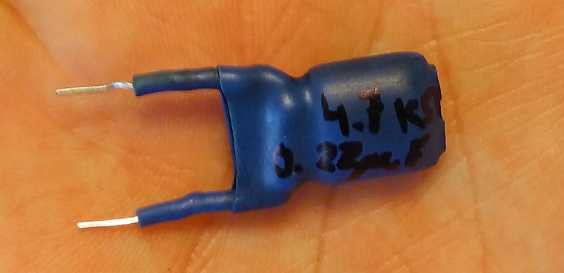
2) Necessary tools. My parents still have my self-start torch :(
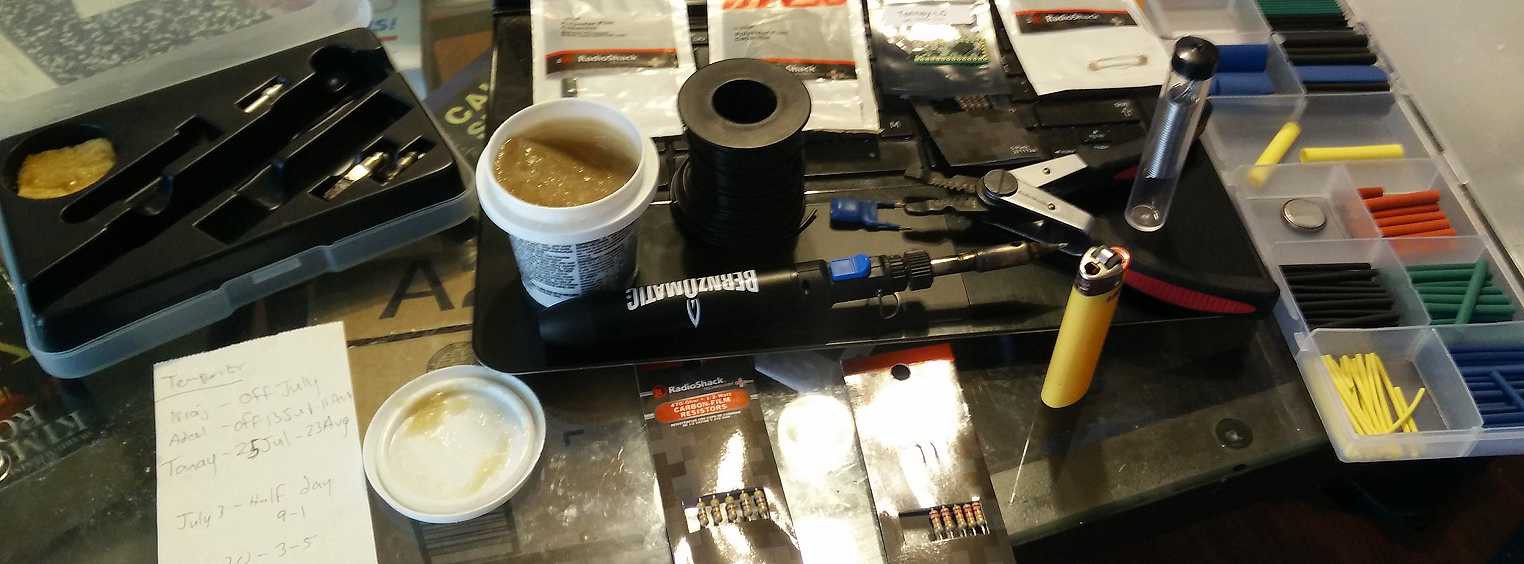
3) Here's how the sensor electronics look, mounted on the Teensy-LC we won!! I should have positioned it differently but I was just so excited to get everything hooked up for programming...
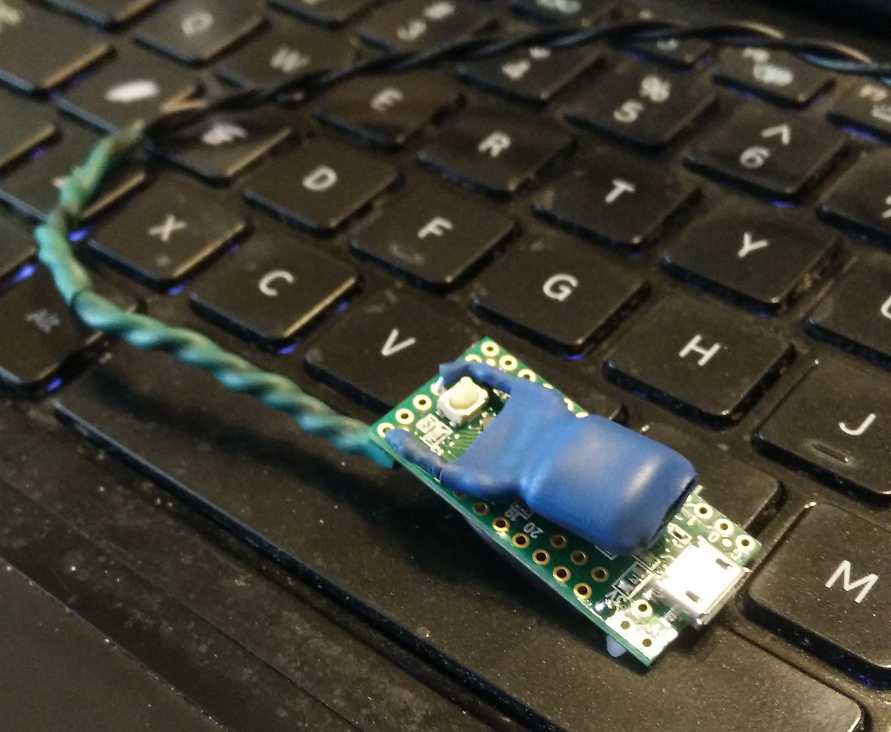
Everything has to be tuned differently but I believe I should get a more sensitive device using this combination.
I need to program it. I believe I have a slightly smarer algorithm for smoothing. I still have no squelching solution (because i don't know enough about what the noise looks like).
Stay tuned for... TUNING ahahahaha
 Dan Fruzzetti
Dan Fruzzetti

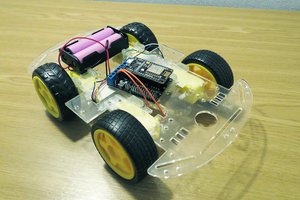
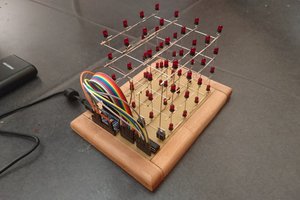
 Max-Felix Müller
Max-Felix Müller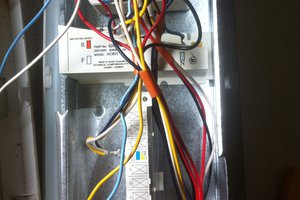
 Boris van Galvin
Boris van Galvin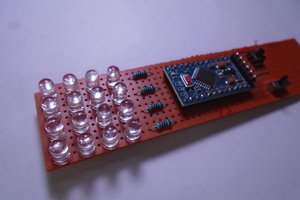
 TasosY2K
TasosY2K
you are working on a very different and unique idea its really interesting I am also working on the new project you can see here https://herborganic.co.uk/